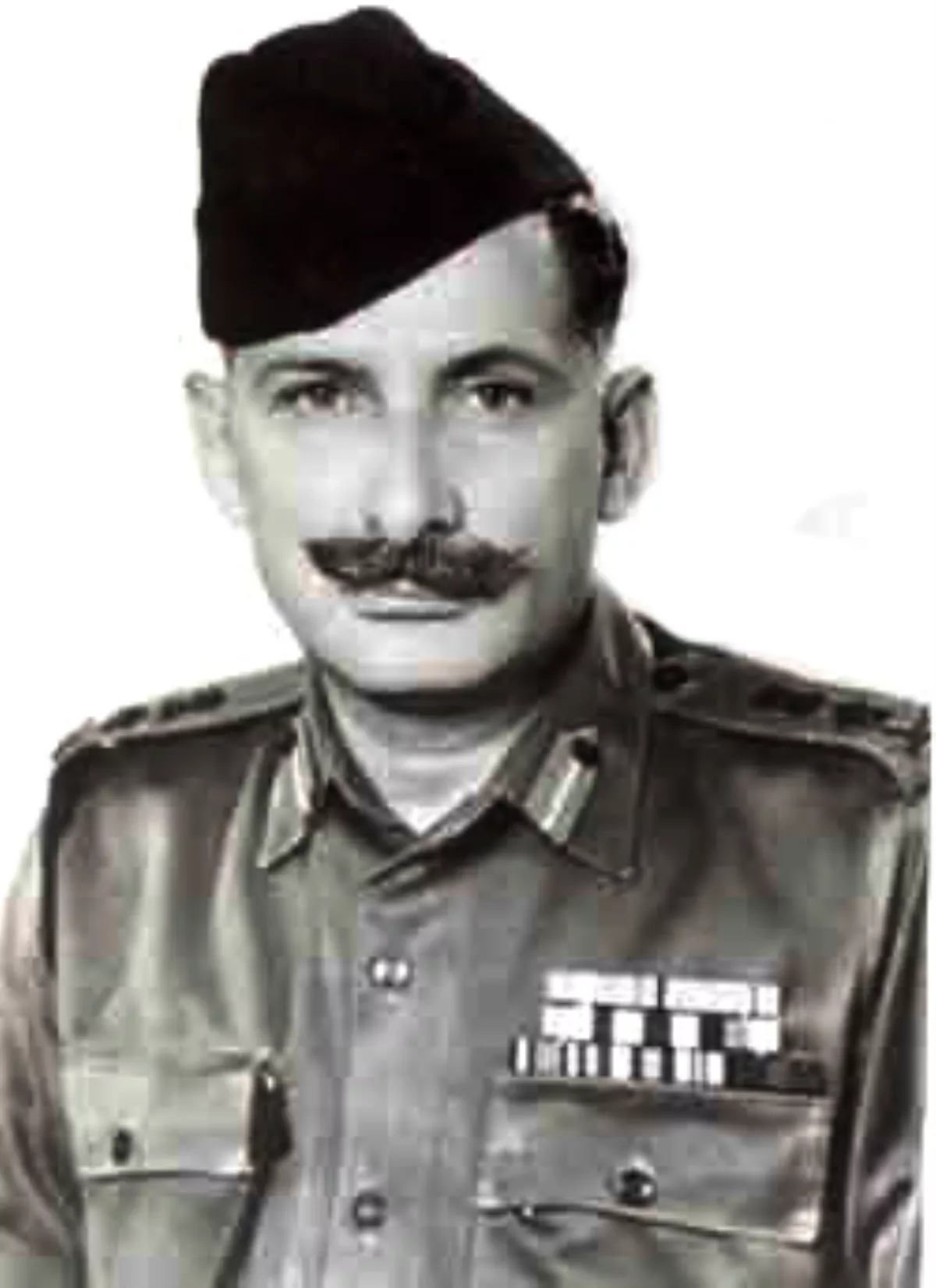 1.
1. Field Marshal Sam Hormusji Framji Jamshedji Manekshaw, known as Sam Bahadur or Sam the Brave, was an Indian Army general officer who was the Chief of the army staff during the Bangladesh Liberation War in 1971, and the first Indian army officer to be promoted to the rank of field marshal.